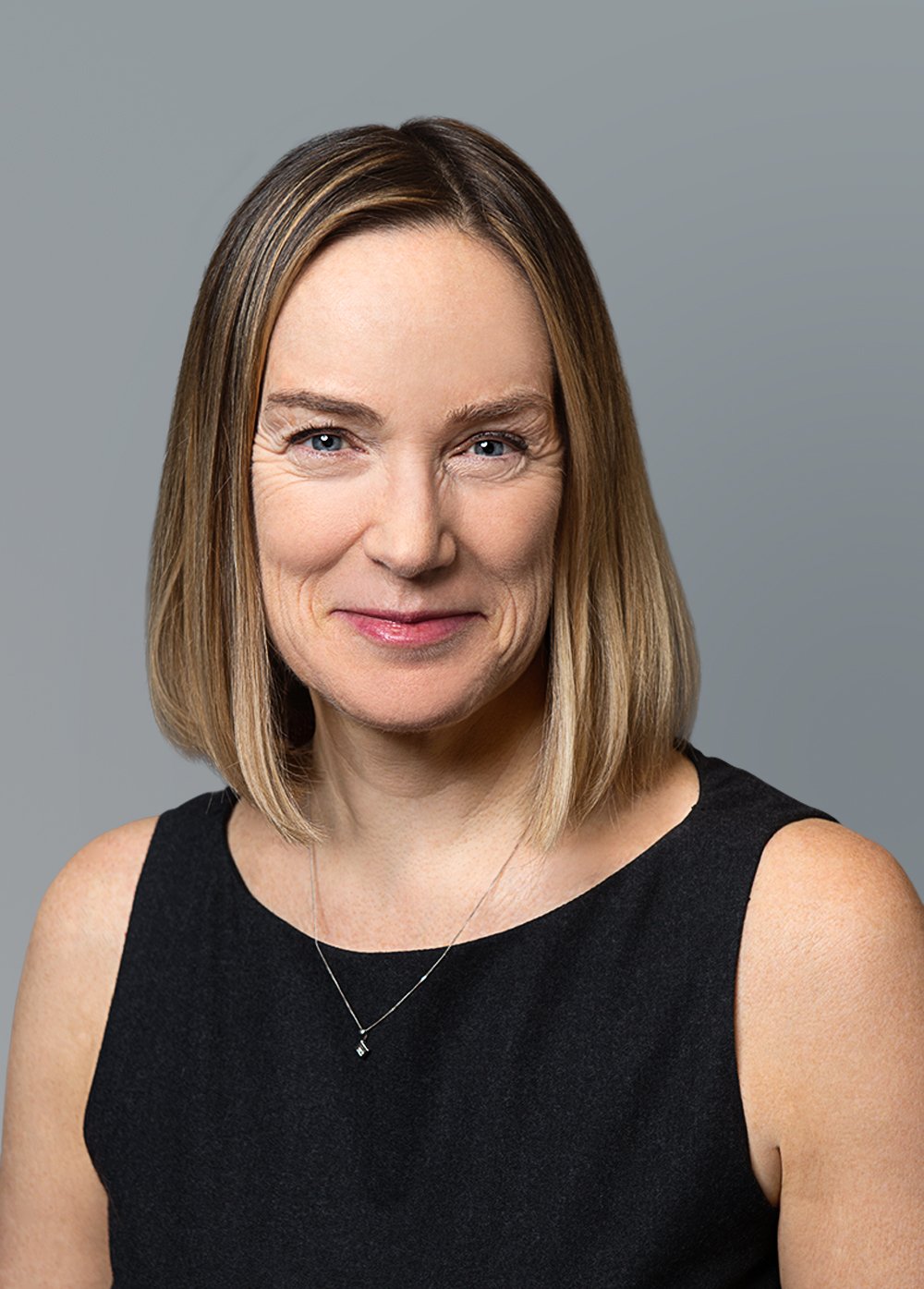Drug Insurance Plan: Life After 65

Some of your employees will soon turn 65? Did you know that their situation will change with respect to Quebec General Prescription Drug Insurance Plan? Are you at a loss to answer their questions? Read the following to learn more.
Drug insurance in its legal context
Before they turn 65, Quebec residents are legally required to enroll in a group drug insurance plan when one is offered through their employer, professional association or spouse. From age 65 onwards, they are free to choose between the public drug insurance plan and their group insurance plan.
It is important to specify that the requirement to enroll in the group insurance plan ends at 65 and not upon retirement, and that it applies to both active and retired employees. For example, employees retiring at 60 will be required to enroll in a group insurance plan that includes drug coverage if this is offered to retired employees.
A guided choice
As prescription drugs are the most expensive component of insurance plans, it is normal for employers to be unwilling to cover in their group plan the cost of drugs that could be paid for by the public plan, given that this could have a direct impact on their insurance premiums.
Since you cannot legally force an employee to choose RAMQ drug coverage at 65, an additional premium is generally charged to employees who want to remain within the group plan at this age. As this premium is substantially higher than what RAMQ charges for the same coverage, it is a way of inciting employees to opt for the public plan. This surcharge is based on an estimate of the actual cost of prescription drugs after 65 when the use of medication increases significantly. Also remember that the RAMQ premium is not high enough to cover the total cost of the public prescription drug plan which is largely funded through the provincial income tax of all Quebecers.
Impact on costs
As prescription drugs are paid by the public plan, why don’t group insurance plan premiums go down at 65? Shouldn’t it cost less when far fewer claims are reimbursed?
First, depending on what the employer wants, a significant portion of drug costs can be reimbursed by the group insurance plan even when someone is insured under RAMQ (drugs not covered by RAMQ and the RAMQ deductibles and co-payments may be eligible expenses). All other health costs (physiotherapist, chiropractor, orthotic and prosthetic devices, etc.) also remain covered.
Second, as medical insurance premiums are based solely on claims, lowering premiums for employees over 65 could mean higher premiums for employees under 65 who would thus be funding their older coworkers. No matter how you distribute the premiums between the employees, the total premium collected must be the same and be sufficient to pay for the group claims. Most employers also find it easier to manage the same premium at any age for payroll deductions.
What about the spouse?
In most cases, the spouse comes with the main member. For example, a spouse under 65 must also be insured under RAMQ for prescription drugs if the member switches to the public plan. However, when the spouse turns 65 before the main member, practices can differ depending on the insurer or the administrator. The spouse may or may not be asked to pay a surcharge to remain in the group plan. Contact your insurer or administrator to find out what is stipulated in your contract.
Reminder
Registration for the RAMQ plan is automatic when someone turns 65. Under this age, someone who is required to register (for instance a spouse under 65) must contact RAMQ. Simply paying the RAMQ premium in your income tax return does not formalize the registration.
Do not hesitate to contact an AGA Advisor for more information.






